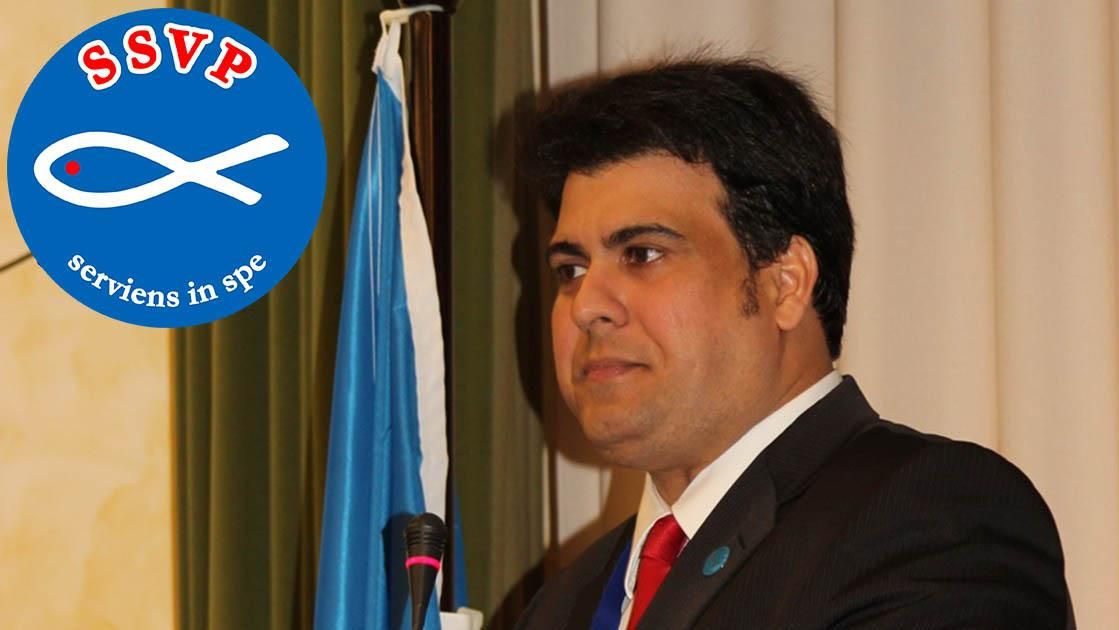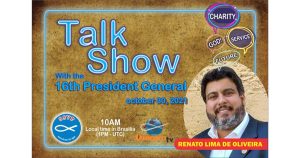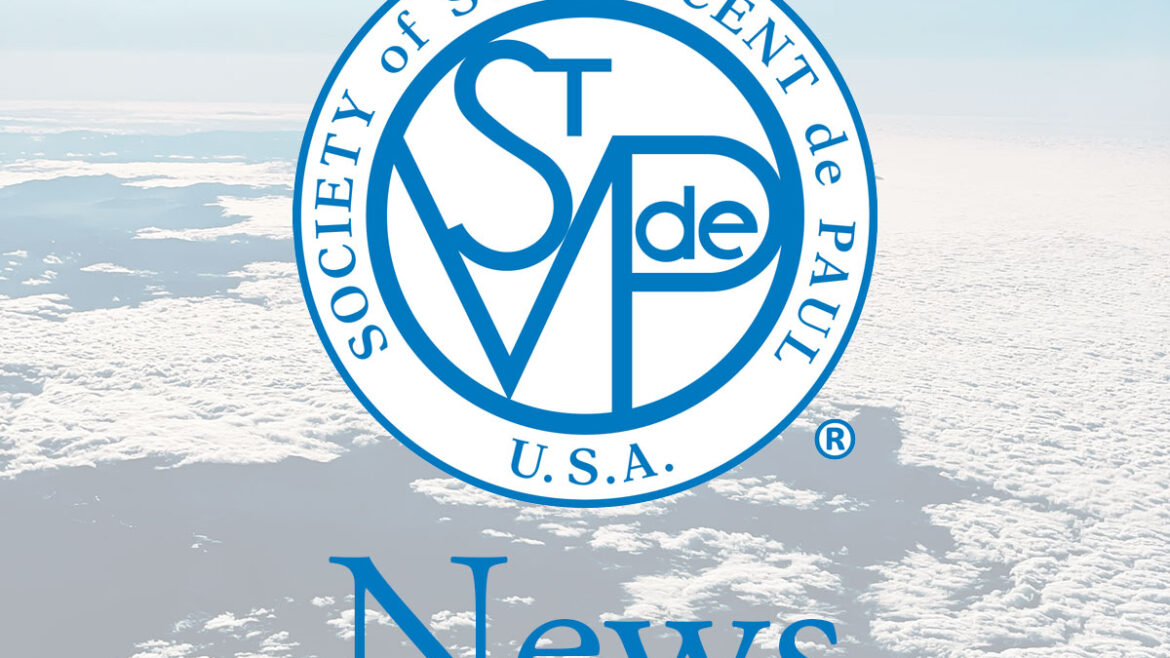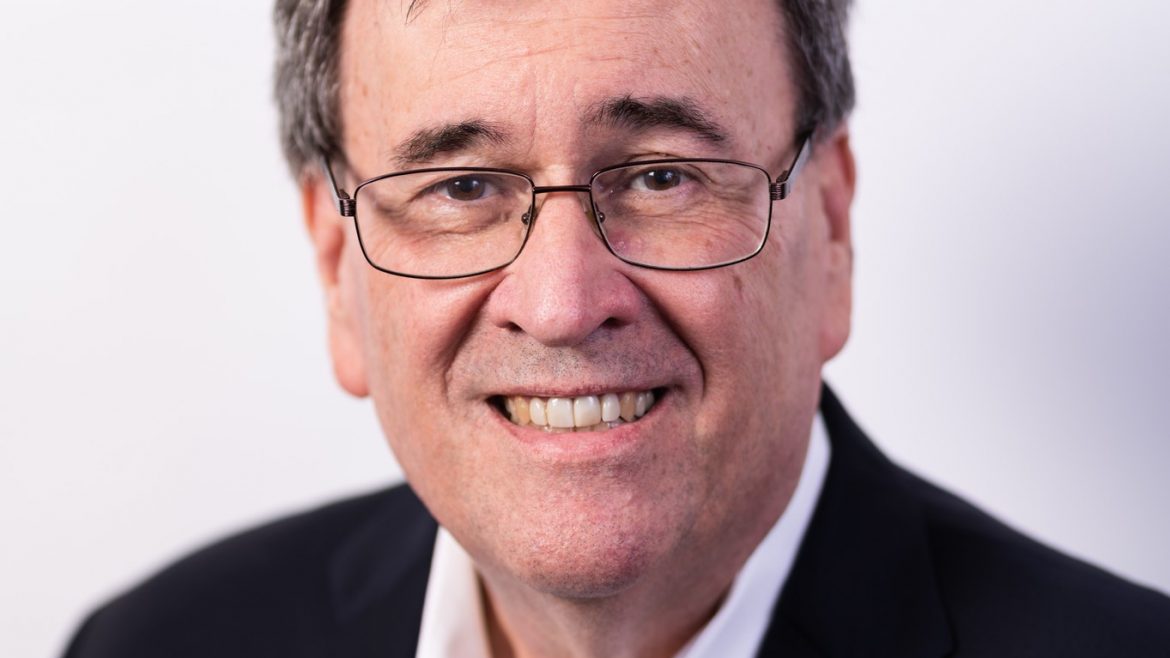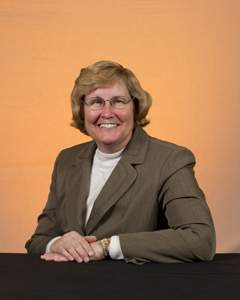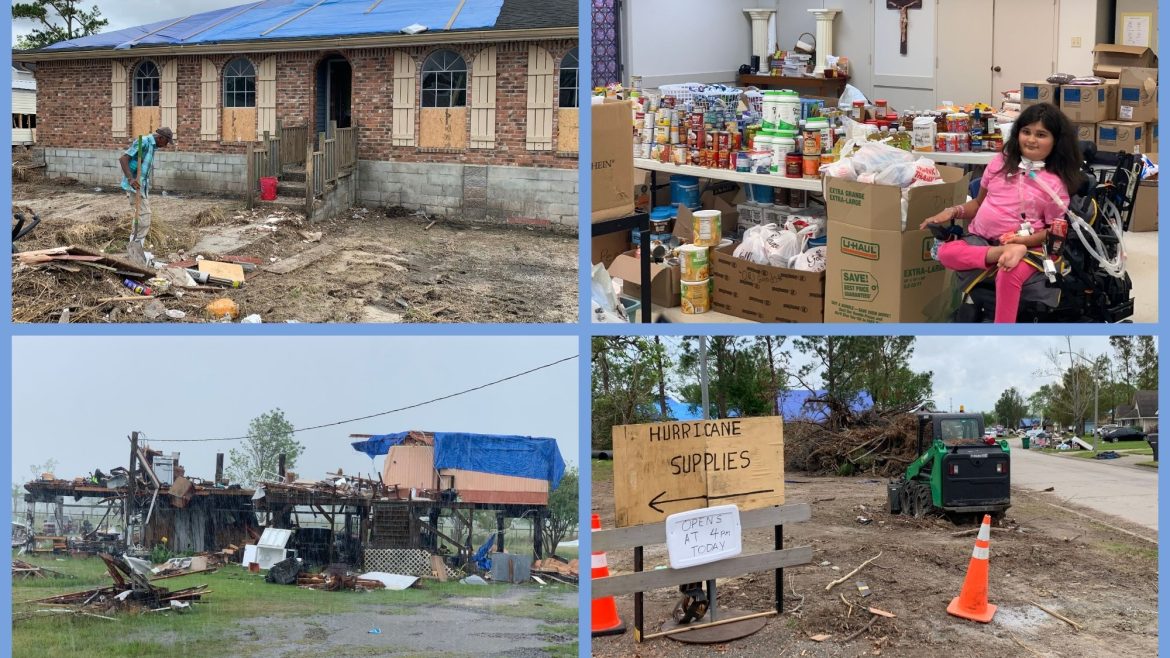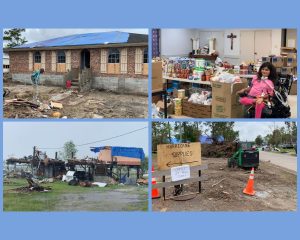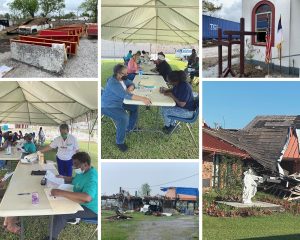In our dedication and zeal, we sometimes feel as if we cannot rest as long as there are neighbors in need of our help. As laudable as this sentiment may seem, in practice it serves neither ourselves or the neighbor if we do not pause for both mental and physical rest.
Writing to a missioner who had labored without rest for many weeks, St. Vincent urged him to slow down: “Have you somewhat moderated your excessive fervor? I beg you, in the name of Our Lord, to do so.” [CCD II:27] Of another priest, whom Vincent believed may have literally worked himself to death, he remarked, “In short, his zeal made him do more than he was able.” [CCD II:375]
Of course, St. Vincent was not afraid of hard work! After all, it was he who said we must “love God…with the strength of our arms and the sweat of our brows.” [CCD XI:32] Yet we also must be mindful that “The spirit is willing, but the flesh is weak.” The harder we work ourselves without respite, the less able we will be to continue the work. And so, advising St. Louise not to feel guilty about her own exhaustion, Vincent once went so far as to tell her, “I am ordering you, moreover, to procure for yourself the holy joy of your heart by all the relaxation you can possibly take…” [CCD I:145]
There is always more work to be done, but there is only one of you. We prepare to follow God’s will by resting our hearts in His peace and love, filling ourselves to overflowing so that we may share that love with the neighbor. We must also reserve and recover our physical strength through rest, knowing that “There is no act of charity that … permits us to do more than we reasonably can.” [CCD II:68]
In a sense, pushing ourselves to do more than we reasonably can could be seen as an act of vanity; believing ourselves so indispensable that our efforts cannot be spared. But trusting in providence doesn’t mean only that the money or materials resources we need will be provided, it is trusting that God has called enough people to do His work, as well.
When you think about it, when we insist on carrying too much of the load ourselves, we can even rob others of the opportunity to serve more fully!
Our Rule reminds us that work in our Conferences comes “only after fulfilling the family and professional duties.” [Rule, Part I, 2.6] Certainly among those personal duties is care for our own well-being, including rest and relaxation.
Caring for ourselves is not just for ourselves. As Vincent once reminded Louise, “Increase your strength; you need it, or, in any case, the public does.” [CCD I:392]
Contemplate
How can I better share God’s love by sharing God’s work?


